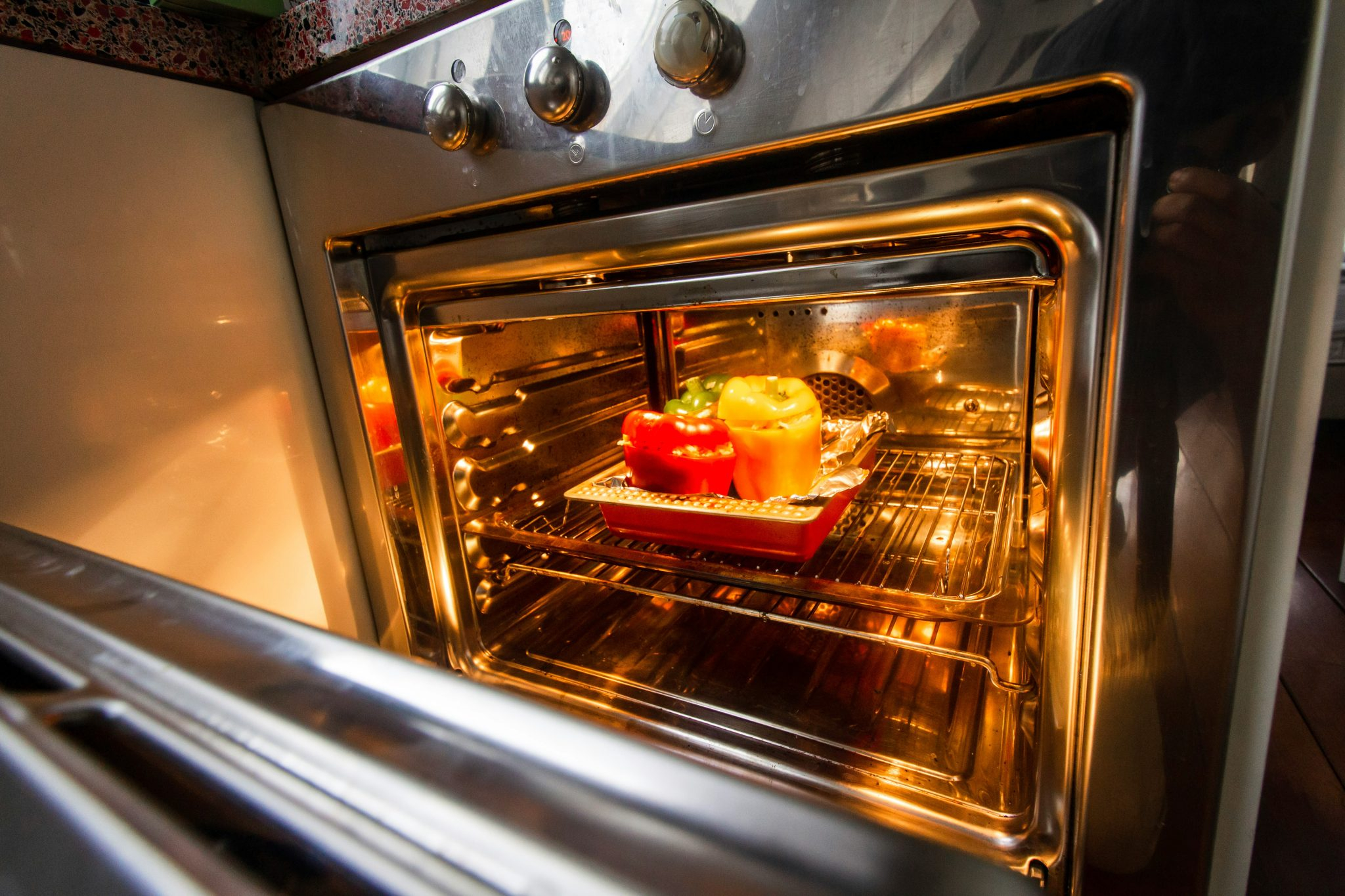Kitchen Appliance Warranties: Understanding Protection for Expensive Cooking Equipment
The kitchen is the heart of every home, and it’s where we cook and create delicious meals for our loved ones. With expensive cooking equipment becoming an essential part of modern kitchens, it’s important to invest in the right protection for these appliances. Kitchen appliance warranties provide peace of mind and financial security in case of unexpected breakdowns or malfunctions. In this article, we will dive deep into understanding protection for expensive cooking equipment through kitchen appliance warranties and how they can save you both time and money in the long run.
The Importance of Kitchen Appliance Warranties
Kitchen appliances are an investment, and with regular use, wear and tear are inevitable. In such cases, a kitchen appliance warranty can be a lifesaver. These warranties are essentially a type of insurance that provides coverage for repair or replacement of your expensive cooking equipment. While many appliances come with a manufacturer’s warranty, they often have limits and expiration dates. A kitchen appliance warranty, on the other hand, can provide extended coverage and give you peace of mind for years to come.
Types of Kitchen Appliance Warranties
1. Basic Warranty
A basic warranty, also known as a limited warranty, is offered by the manufacturer and usually covers defects in materials or workmanship. This type of warranty is often limited in duration, typically ranging from 1-3 years, and may come with certain conditions and exclusions. While a basic warranty can provide some protection, it may not cover all types of malfunctions or damages.
2. Extended Warranty
As the name suggests, an extended warranty provides coverage beyond the manufacturer’s warranty. This type of warranty is usually offered by a third-party company, and the coverage and terms may vary. It can provide additional years of protection, covering a wide range of damages and malfunctions. However, it’s essential to carefully read the terms and conditions of an extended warranty before purchasing to understand what is covered and what is not.
What’s Covered Under a Kitchen Appliance Warranty?
The coverage of a kitchen appliance warranty may vary depending on the type and terms, but here are some common inclusions:
1. Mechanical or Electrical Malfunctions
Most kitchen appliance warranties cover mechanical or electrical malfunctions, such as faulty motors, malfunctioning heating elements, and electrical breakdowns. These types of damages can be costly to repair or replace, making a warranty a wise investment.
2. Accidental Damages
Some warranties also provide coverage for accidental damages, such as spills, drops, or dents. These types of damages may not be covered under a manufacturer’s warranty, so it’s important to consider an extended warranty for this kind of protection.
3. Wear and Tear
With regular use, wear and tear are inevitable, and it can cause your kitchen appliances to break down or malfunction. A kitchen appliance warranty can cover the cost of repairs or replacements due to wear and tear, ensuring that your appliances function smoothly for years to come.
4. Parts and Labor Costs
The cost of repairing or replacing parts and labor can quickly add up, especially if you have multiple expensive cooking equipment. A kitchen appliance warranty can cover these costs, saving you from bearing the financial burden of unexpected breakdowns or damages.
Tips for Choosing the Right Kitchen Appliance Warranty
When it comes to choosing a kitchen appliance warranty, here are a few factors to consider:
1. Research Different Warranties
Before making a decision, research different types of warranties and their coverage. Compare prices, terms, and reviews to find the best option for your needs and budget.
2. Check the Terms and Conditions
Make sure to read the terms and conditions of a warranty carefully to understand what is covered and what is not. Pay attention to the duration of coverage, exclusions, and any deductibles that may apply.
3. Consider the Age of Your Appliances
If your appliances are relatively new and still covered under a manufacturer’s warranty, an extended warranty may not be necessary. However, if your appliances are older and no longer have coverage, investing in a kitchen appliance warranty can provide valuable protection.
4. Check for Existing Coverage
Check with your homeowner’s insurance or credit card company to see if they offer any coverage for expensive kitchen appliances. If they do, you may not need to purchase an extended warranty.
In Conclusion
A kitchen appliance warranty is a valuable investment that can provide peace of mind and financial security in case of unexpected damages or malfunctions. It’s essential to research and compare different options and consider your specific needs before making a decision. By understanding the coverage and terms of a warranty, you can choose the best protection for your expensive cooking equipment and ensure its longevity for years to come.










